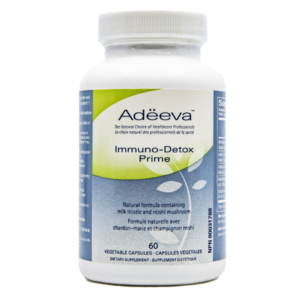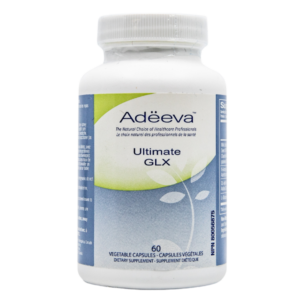
Debunking the Myth: Glucosamine and Blood Sugar
Source: J Arch Rheumatology (2016) and J Nature (2014)
Lifestyle Medicine Update (November 14, 2023)
For years, misconceptions have circulated about the safety of glucosamine supplementation, especially for those with type 2 diabetes. Many are told that glucosamine raises blood sugar levels, leading to caution among diabetics. However, recent research challenges this notion, shedding light on the true benefits of glucosamine for joint health and longevity.
The Glucosamine Dilemma
It’s a scenario familiar to many: a visit to the pharmacy, a question about glucosamine for arthritis, and a cautionary response from the pharmacist about its potential impact on blood sugar levels. Yet, a comprehensive review published in the journal Archives of Rheumatology in 2016 contradicts this prevailing belief.
Clearing the Confusion
The review examined thirty-three recent studies and found no evidence that glucosamine supplementation raises blood sugar levels, even in overweight individuals. Moreover, research indicated that glucosamine did not adversely affect blood sugar levels in diabetic patients. To provide further clarity, researchers conducted a double-blind glucose tolerance test on osteoarthritis patients, revealing that glucosamine supplementation did not elevate blood sugar levels compared to the placebo.
A Lifespan-Extending Miracle?
In addition to its joint-preserving properties, glucosamine has shown promise in extending lifespan. A groundbreaking 2014 study demonstrated that glucosamine administration increased the lifespan of roundworms and aging mice by stimulating mitochondrial biogenesis and lowering glucose release, akin to the effects of intermittent fasting or calorie restriction.
Unveiling the Longevity Circuit
The longevity-promoting effects of glucosamine extend beyond joint health, delving into the intricate mechanisms of cellular aging and disease prevention. Experimental studies on nematodes (roundworms) and aging mice have unveiled how glucosamine activates key genes and mechanisms associated with longevity and disease prevention.
Harnessing the Power of Glucosamine
Armed with this knowledge, incorporating a glucosamine sulfate supplement enriched with natural anti-inflammatory agents like Quercetin, Bromelain, and MSM can offer a dual benefit of joint support and accelerated action. This regimen is particularly beneficial for individuals over forty, as the body’s glucosamine production declines with age.
Conclusion: Embracing Glucosamine for Health
As research continues to dismantle outdated beliefs, it’s time to reevaluate the role of glucosamine in our health regimen. Far from being detrimental to blood sugar levels, glucosamine emerges as a multifaceted ally, offering joint protection, lifespan extension, and disease prevention benefits.
References
- SAGHAFI M et al. *Oral glucosamine effect on blood glucose and insulin levels in patients with non-diabetic osteoarthritis: A double-blind, placebo-controlled clinical trial.* Arch Rheumatol. 2016;31(4): 340-345 [Link](https://www.ncbi.nlm.nih.gov/pmc/articles/PMC6190977/#:~:text=Other%20studies(22%2D25),glycemic%20control%20in%20diabetic%20patients)
- Weimer S et al. *D-glucosamine and supplementation extends life span of nematodes and aging mice.* Nature. 2014. Article No. 3563 [Link](https://www.nature.com/articles/ncomms4563)
Recommended Supplements

Dr. James Meschino
ABOUT THE AUTHOR
Dr. James Meschino, DC, MS, ROHP, is an educator, author, and researcher having lectured to thousands of healthcare professionals across North America. He holds a Master’s Degree in Science with specialties in human nutrition and biology and is recognized as an expert in the field of nutrition, anti-aging, fitness, and wellness as well as the author of numerous books.

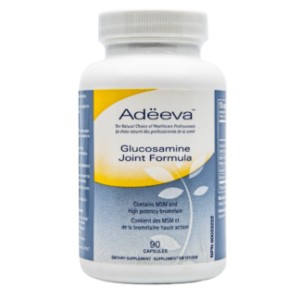

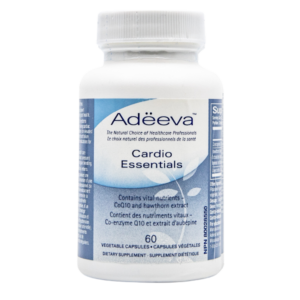


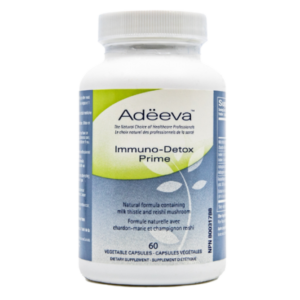

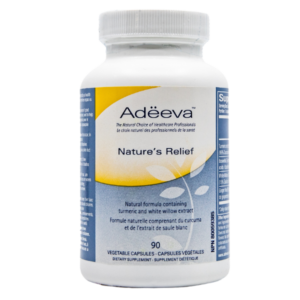

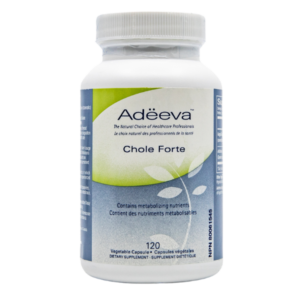

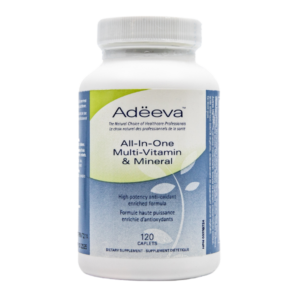 All-in-One Multi-Vitamin & Mineral
All-in-One Multi-Vitamin & Mineral
